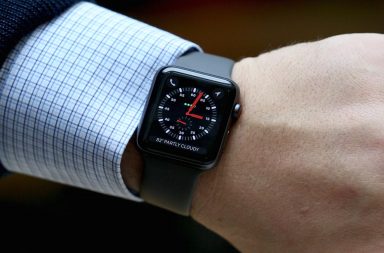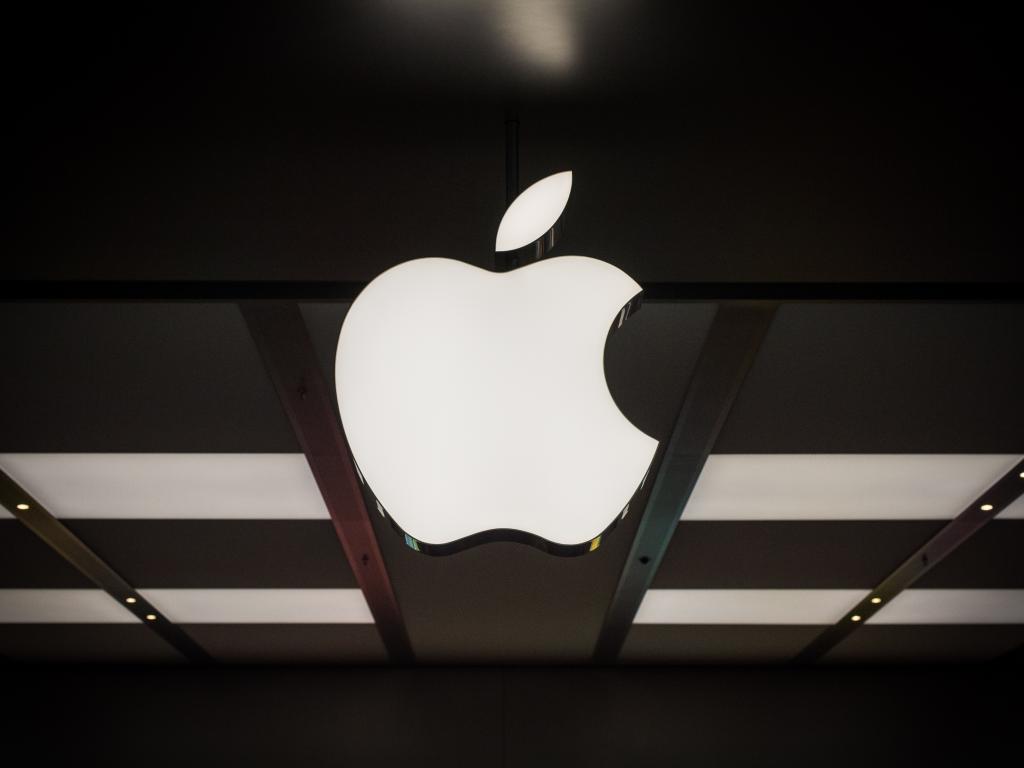Apple Inc. (NASDAQ:AAPL), a top Nasdaq Stocks and tech company has sued QUALCOMM, Inc. (NASDAQ:QCOM) in a U.K. court. The case adds to the list of lawsuits across that Apple has files against Qualcomm over patents and licensing fees.
According to court documents, the world’s number one iPhone developer is accusing the world’s number one developer of mobile phone chips on patents and registered designs. The court documents have however given scanty details on the details of patents in question. Although court details show the case was filed on March 2 Apple says the case was filed on Jan. 23.
In a separate case, Apple has sued Qualcomm in California accusing it of have monopoly powers in the supply of chips for wireless devices, and withholding $1 billion in return for cooperation with antitrust authorities from South Korea.
At the centre of Apple- Qualcomm dispute is the push by phone manufacturers and a number of regulators to cut on patent royalties charged by Qualcomm. Qualcomm generates a big part of its revenue from selling chips but over half of its profit comes from a separate licensing business.
While responding to a request for comment on the suit, Apple said Qualcomm has for a long time unfairly charged royalties for technologies which they have nothing to do with.
Apple, one of the best Nasdaq stocks says Qualcomm’s business is built on old and outdated standards but uses monopolistic tactics to stamp its dominance. Apples complains that despite being one of the few companies that contributed to the cellular standards, Qualcomm has persistently charged Apple five times more than other patent licensors.

THE MORNING REPORT
Start your workday the right way with the news that matters most.
Your information is 100% secure with us and will never be shared Disclaimer & Privacy Policy
The lawsuits add to another antitrust suit filed by the U.S. Federal Trade Commission as well as investigations by Taiwan and the European Union. In December last year, Qualcomm was fined $902 million for engaging in monopolistic practices.
Sophie Lawrance from Bristows LLP in London says it is common for such cases of international magnitude to attract parallel litigations from different parties. A typical patent case is to have the complainant file the case in several countries then the respondent counter sues in another set of countries.





